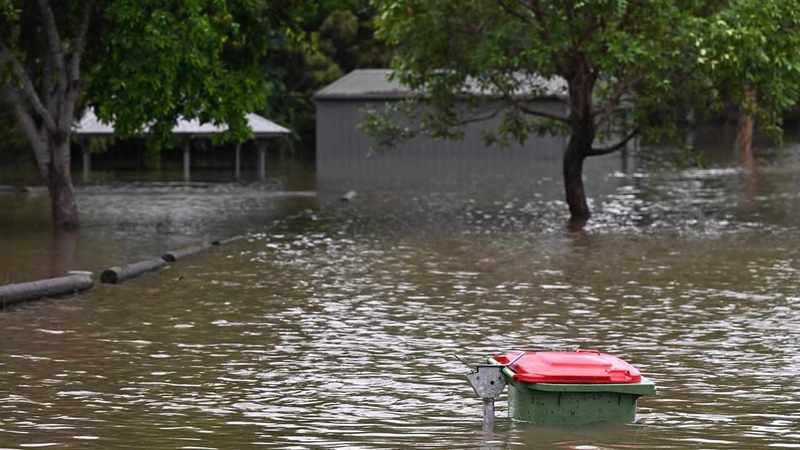Tenants are staying in damaged, unsafe properties rather than risk being forced out by landlords in the wake of floods and wild weather, an inquiry has heard.
Instead of pushing for repairs to flood-damaged properties, in some cases landlords have terminated leases on the grounds their property is no longer habitable, leaving tenants homeless, a federal parliamentary inquiry was told.
Tenants Queensland flood recovery solicitor Emma Webster said landlords are in some cases refusing to undertake repairs while working through insurance claims, while tenants are forced to put up with dangerous conditions to keep a roof over their heads.
Ms Webster said one tenant with young children told her the electrical wiring was damaged in wild weather over the summer months.
"Four months later she has taped down the light switches because if the children turn the lights on, the whole circuit goes down," she told the inquiry into insurers' responses to 2022 major flood claims, held in Logan on Thursday.
"Tenants are aware that after the environmental disaster rentals are even more scarce and unaffordable so many stay in their damaged or unsafe property."
Ms Webster said tenants are sometimes not provided with the documents needed to lodge their own insurance claims.
"Some tenants report that the lessor or the agent comes to clean out the property without consent, leaving it difficult to make an insurance claim," she said.
"This has often occurred in a storm or a flood when asbestos was discovered in the storm-damaged premises."
Advocacy group Community Plus said there is "no urgency" for landlords to get properties back on the market when they're receiving insurance payments for loss of income.
"They're not losing out," community resilience co-ordinator Melinda McInturff told the inquiry.
"We had lots of investors in our areas who were waiting for a buyback through the resilient home fund who were just kind of sitting, going 'I'm going to wait until I get an offer' and not doing any repairs."
Ms Webster said tenants are not being told if the property they sign a lease for has been through a flood, which can impact whether insurance companies will cover their contents.
This needs to change, she said, adding she'd also like to see insurance cover alternative accommodation for tenants if their home is flooded and lease terminated.
"With a termination the lessor is losing their rent, so it's certainly something that instead of being insured for that loss of rent the tenant could be insured for alternative accommodation," she said.
The inquiry will continue in Lismore in northern NSW on Thursday.









